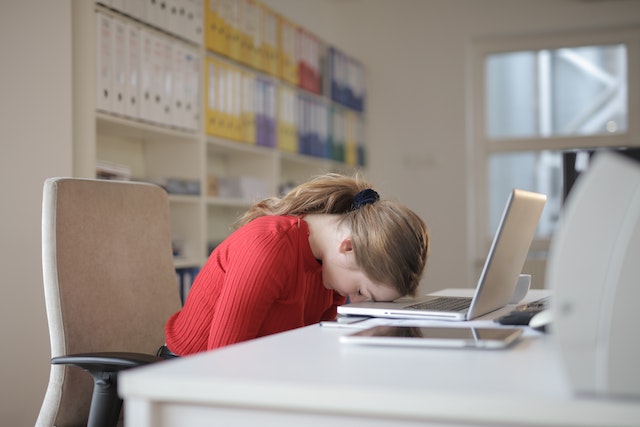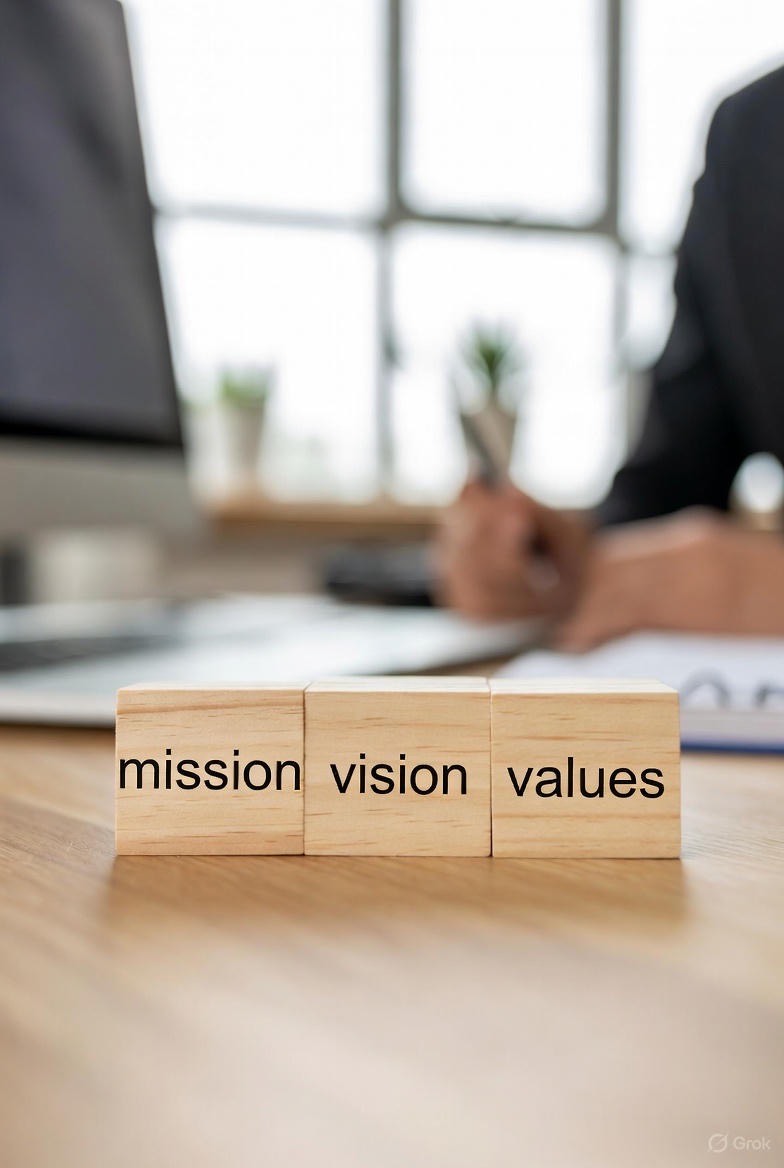What is sleep deprivation?
According to the website Sleep Authority, the term “sleep deprivation” refers to when a person gets less sleep than the minimum amount advised by health professionals, which the NHS categorises as 7-9 hours per day on average for adults. When talking about this subject you may also see or hear the phrases, “sleep deficiency”, “sleep insufficiency” and “sleeplessness”.
Why does sleep deprivation occur and what are the symptoms?
Sleep deprivation can occur for a number of reasons and can be a short term or more chronic long term condition. The condition can be caused if someone has a change in lifestyle or work commitments which temporarily affects their normal sleep pattern. In addition, it could be that if someone works away from home and struggles to sleep when not in their own bed that they could end up being sleep deprived due to broken sleep. Other health conditions such as sleep apnoea or anxiety may also affect someone’s sleep which would lead to them experiencing sleep deprivation. The symptoms of sleep deprivation will vary from person to person but typically someone suffering from the condition will feel unusually exhausted or lethargic during the day. These feelings may actually lead to microsleeps or extremely short naps for a few seconds at a time so if you have an employee who appears to regularly nod off this can be a tell-tale sign to look out for. Other signs can include lapses in or loss of concentration, being irritable or moody, lacking energy and poor memory or decision making.
Sleep deprivation at work
Employers have a duty of care to their employees and therefore it is important to look out for the signs of sleep deprivation as they can have a serious impact on someone at work. Anyone who is sleep deprived and operates machinery or drives as part of their job is a serious risk to themselves and others. For employees in office and desk based jobs the effects of sleep deprivation can have an negative impact on how they function and that can directly impact on their work. Sleep deprivation often results in reduced mental capacity and capability which then leads to poor memory, slow thinking, lack of concentration and an inability to absorb information in order to make decisions. The consequences of these symptoms on work can be wide ranging, from simple data inputting errors, to serious mistakes and omissions which could mean that the company loses a client, or the mistake leads to a customer complaint which damages the company reputation.
Supporting employees with sleep deprivation
If you recognise that an employee appears to be suffering from sleep deprivation then the first thing to do is to sit down with them and have a private conversation to find out what’s going on and if they need support. If so, an employer can help by varying the employee’s start and/or finish time to allow them to have extra time in bed, they could agree a temporary reduction in working hours or review the employee’s job role to minimise any risk of accidents or serious mistakes resulting from sleep deprivation. There are also practical steps that the employee could take to help themselves such as reducing caffeine intake, establishing regular times to go to bed and wake up, using relaxation techniques and stopping using phones or other devices immediately before going to bed. If problems persist, then employers should encourage their staff to seek professional medical advice as it is possible that sleep deprivation is a consequence of an underlying health condition.
Do you have any questions about today’s blog, need help in becoming legally compliant with contracts/policies or can we support you in taking away any people pains to give you peace of mind?
If you answered yes to any of the above, just give us a call at CUBE HR on 01282 678321, or book in a FREE 30 Minute HR Health Check here FREE HR Health Check and we’ll happily give your business a full HR overview with our personal recommendations absolutely FREE!
Why not also check out our blog on a similar topic Workplace Wellbeing
We also have a YouTube channel with loads of handy videos outlining various HR related scenarios.




